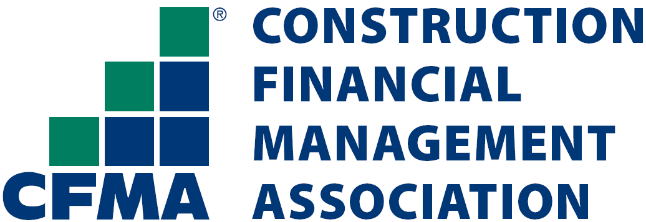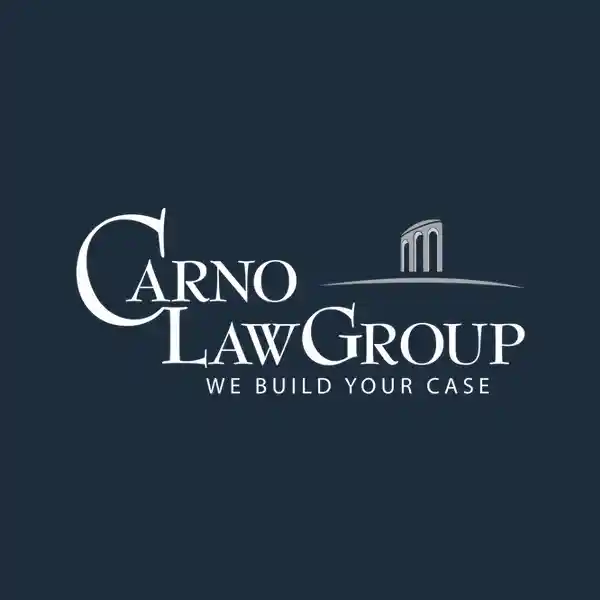October 1, 2024
Business litigation is a reality that many companies face at some point, whether it involves disputes with partners, vendors, employees, or even clients. Understanding the basics of business litigation and the various dispute resolution methods available in California can help businesses navigate these challenges more effectively. In this blog post, we’ll cover the essential aspects of business litigation and alternative dispute resolution (ADR) in California, along with strategies for managing and resolving disputes in a cost-effective and timely manner. What is Business Litigation? Business litigation involves legal disputes arising from business operations, relationships, or transactions. These disputes can cover a wide range of issues, including: Breach of Contract: When one party fails to fulfill the terms of a contract, it can result in a legal dispute over damages or performance. Partnership and Shareholder Disputes: Disagreements between business partners or shareholders can lead to claims of breach of fiduciary duty, mismanagement, or even dissolution of the business. Intellectual Property (IP) Infringement: Disputes over copyrights, trademarks, patents, or trade secrets can disrupt business operations and require swift legal intervention. Employment Litigation: Conflicts with employees can range from wrongful termination and discrimination claims to wage and hour disputes. Business Torts: Claims involving fraud, interference with contractual relations, and unfair competition are common in California’s business landscape. These disputes can significantly impact a company’s finances, reputation, and operations, making it critical to approach them strategically. The Litigation Process in California Business litigation in California follows a structured legal process, which includes several key stages: Pleading Stage The process begins when the plaintiff files a complaint outlining the nature of the dispute and the relief sought. The defendant then has an opportunity to respond, either admitting, denying, or asserting defenses to the allegations. Discovery Stage Discovery is the process through which both parties gather evidence to support their positions. This stage may include depositions, document requests, and interrogatories. The discovery phase is often the most time-consuming and expensive part of litigation. Motions and Pre-Trial Hearings During litigation, parties may file motions to resolve certain issues before trial. For instance, a motion to dismiss may be filed if the defendant believes the plaintiff’s case lacks legal merit. Trial If a settlement cannot be reached, the case proceeds to trial. Trials can be time-intensive and involve presenting evidence, examining witnesses, and making legal arguments. The outcome is determined by a judge or jury. Post-Trial and Appeals After a verdict, either party may file post-trial motions or appeal the decision to a higher court if there are grounds to challenge the ruling. Understanding Alternative Dispute Resolution (ADR) Given the complexity, cost, and time involved in litigation, many businesses in California turn to ADR methods, such as mediation and arbitration, to resolve disputes more efficiently. Here’s an overview of common ADR techniques: Mediation Mediation involves a neutral third party—the mediator—who facilitates discussions between the disputing parties to help them reach a mutually agreeable solution. Mediation is non-binding, meaning that the parties are not obligated to settle unless they choose to. It’s often used in employment disputes, partnership disagreements, and business contract issues. Arbitration In arbitration, a neutral third party—known as the arbitrator—hears the case and makes a binding decision. Arbitration can be faster and less formal than court litigation, but the arbitrator’s decision is final and typically cannot be appealed. Negotiation Negotiation is the most informal ADR method, involving direct discussions between parties to reach a settlement. It’s often the first step before moving to mediation or arbitration. Early Neutral Evaluation Early neutral evaluation involves a third-party evaluator who reviews the strengths and weaknesses of each side’s case early in the process, providing an assessment that helps facilitate a resolution. Choosing the Right Approach When facing a business dispute, choosing the right resolution strategy is crucial. Litigation may be necessary for high-stakes cases or when parties cannot reach an agreement through ADR. However, in many instances, ADR can provide a quicker, more cost-effective path to resolution. Key Considerations in Business Litigation & ADR To effectively manage business disputes, companies should keep the following considerations in mind: Understand the Costs: Litigation can be expensive, so it’s essential to weigh the potential benefits against the costs. ADR methods like mediation can reduce expenses and preserve business relationships. Consider the Impact on Business Operations: Disputes can be disruptive. Choosing a resolution method that minimizes operational interruptions is often a priority. Confidentiality: Litigation is a matter of public record, while mediation and arbitration can offer more privacy, protecting sensitive business information. Speed of Resolution: ADR can often resolve disputes faster than traditional litigation, which can take months or even years. Enforceability: While mediation agreements are enforceable only if parties comply voluntarily, arbitration decisions are legally binding and can be enforced like a court judgment. How Carno Law Group Can Help Navigating business disputes requires a deep understanding of both the law and the unique dynamics of business relationships. At Carno Law Group, we offer experienced legal representation and strategic advice for businesses involved in litigation or looking to resolve disputes through ADR. We understand that each business dispute is unique, and we work closely with our clients to identify the best course of action, whether through aggressive litigation or collaborative dispute resolution. Our goal is to protect your interests while minimizing disruptions to your business. If your company is facing a dispute or if you need guidance on how to handle a business conflict, contact Carno Law Group today. Our team is here to provide the support and advocacy you need to achieve a favorable outcome.






